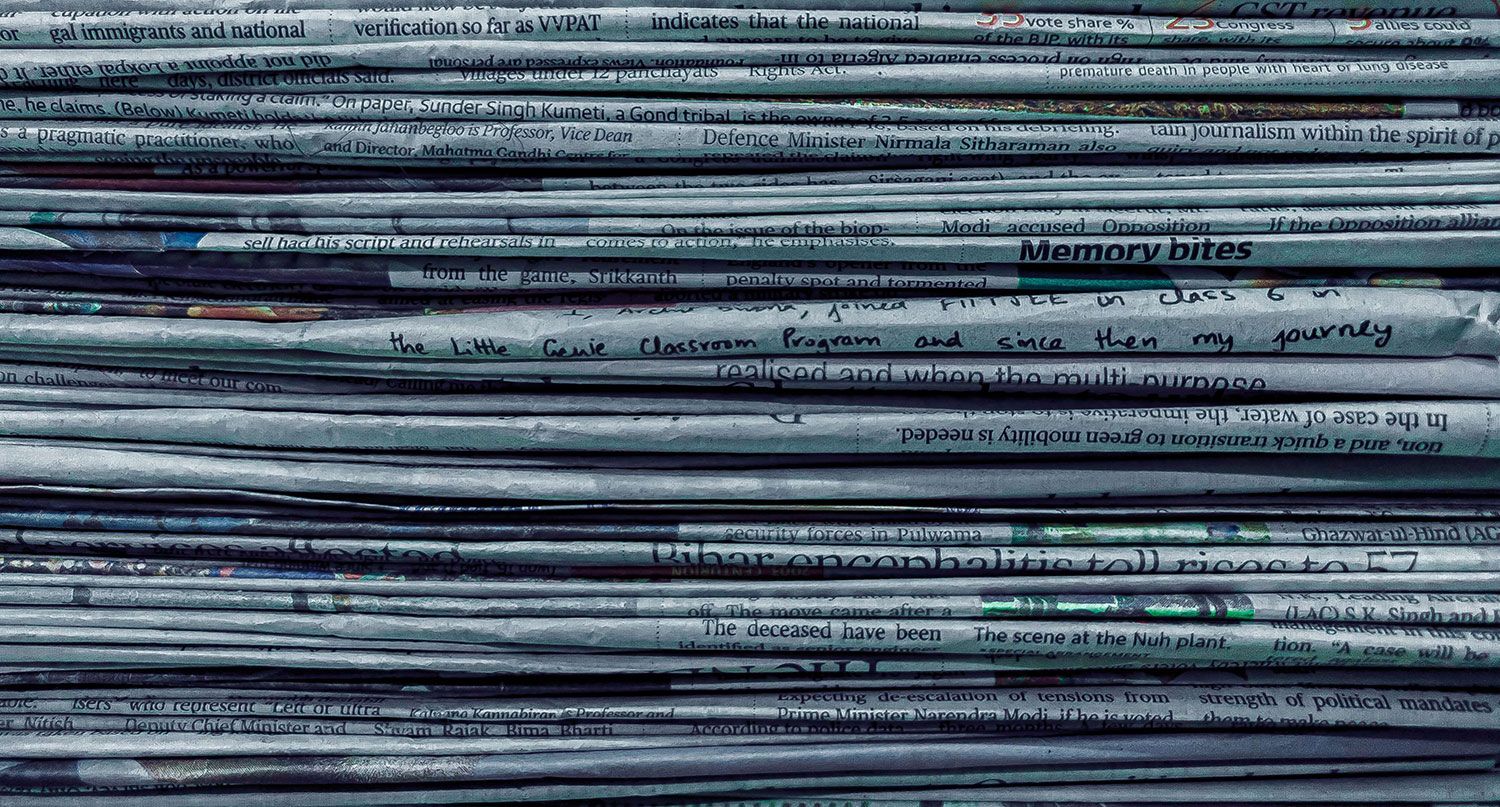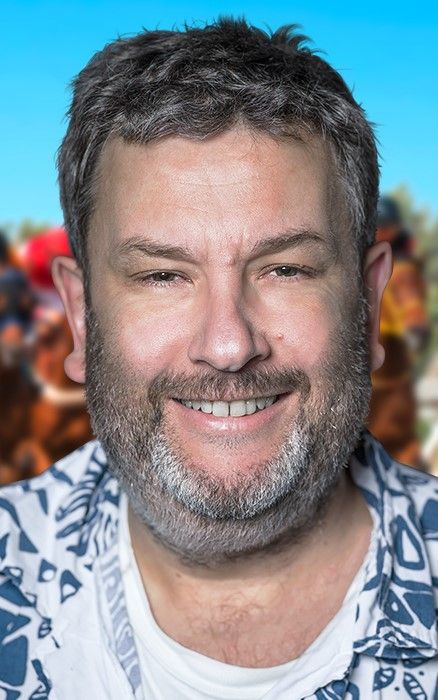Welcome to those news stories that crossed our desk and which collectively prompted us to smile, sometimes laugh or even draw in a sharp breath or two. If there are stories you would like to share with a wider audience feel free to send through them through to our email.
1. Eric Clapton's next gig in Pyongyang?
The world waits to understand better what exactly is going on with the health of supreme leader Kim Jong-Un in the most hermetically sealed country in the world [the NY Post best summarised this with their headline on April 25: ‘North Korean dictator rumoured to be dead, brain dead or just fine’].
Inevitably media reporting has looked at Kim’s probable successor – his younger sister Kim Yo-Jong who, with her brother, was educated at Swiss private school from 1996 to 2000 when she left at the end of the equivalent of sixth grade.
Here the Washington Post looks at the complicated geography inside the VVIP Box at the opening ceremony of the 2018 Winter Olympics in PyeongChang between Kim Yo-Jong, the US vice-president and the South Korean head of state.
In 2007, an Eric Clapton concert was formally requested by North Korean officials as a goodwill gesture against which Pyongyang would allow food aid shipments to resume.
For Kim Jong-Chol and his younger sister Yo-Chong Swiss private school was where the Clapton mania started. For supreme leader Kim Jong-Un studying in Switzerland was where he developed a fascination with basketball and the NBA. The Washington Post reported in 2009 that Kim Jong-un’s school friends recalled he ‘spent hours doing meticulous pencil drawings of Chicago Bulls superstar Michael Jordan.’ And we know how that developed with Jordan teammate Dennis Rodman.
As the Guardian reported, the slightly less than Eric Clapton-like rockstar presence of the New York Philharmonic were authorised to play a concert in 2008, the largest ever number of Americans allowed inside the reclusive state since the Korean War.
At the time, it was welcomed by the then US secretary of state, Condoleezza Rice, although she cautioned against expectations that it would lead to dramatic change. ‘I don't think we should get carried away with what listening to Dvorak is going to do in North Korea,’ she said.
Is it too much to hope that this is the song Kim Yo-Jong imagines Clapton singing to her?
2. The cheeky ANZAC solution to the NFL’s issues
So with the NFL draft concluded last week, the next date in the calendar for America’s most lucrative sports league is May 9 when the season schedule for 2020/2021 is due to be released.
The NFL insists that they are still planning for a first week of matches as originally scheduled for September 10. But, as has been widely reported, the NFL is also looking to draw lessons from the resumption of the NBA and NHL seasons and the start of the MLB. So they very much need for those leagues to ‘go first’.Potential variations to next season, as reported by the Washington Post, might include: ‘a potentially shortened schedule, holding games in empty or partially filled stadiums, and moving or rescheduling games if necessary’.
Into this morass of moving NFL parts stepped Shane Harmon, the CEO for Wellington’s Sky Stadium in New Zealand. His brilliant idea? That the NFL pick up their teams and conferences and transpose them to the existing mega-venues in Australia and New Zealand.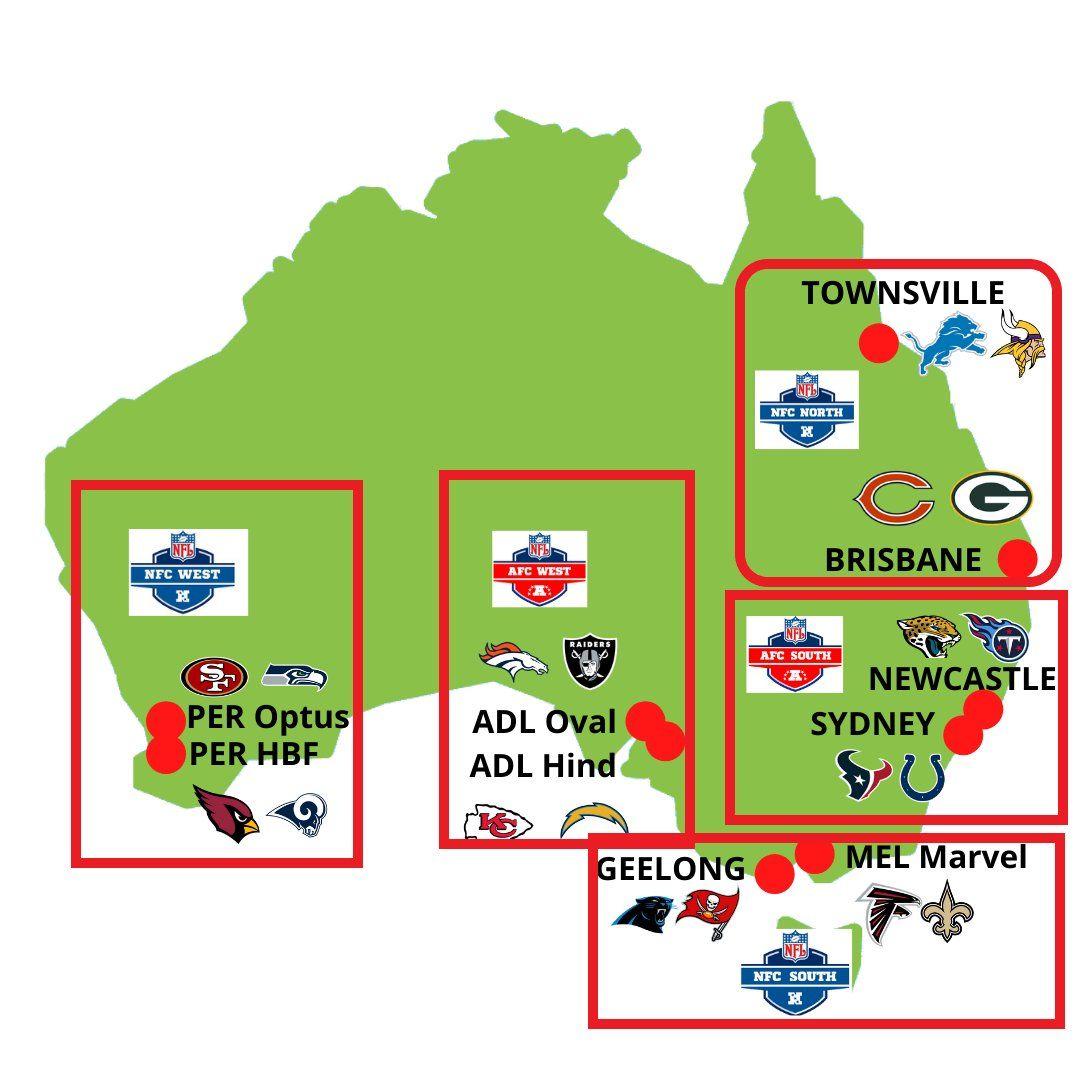
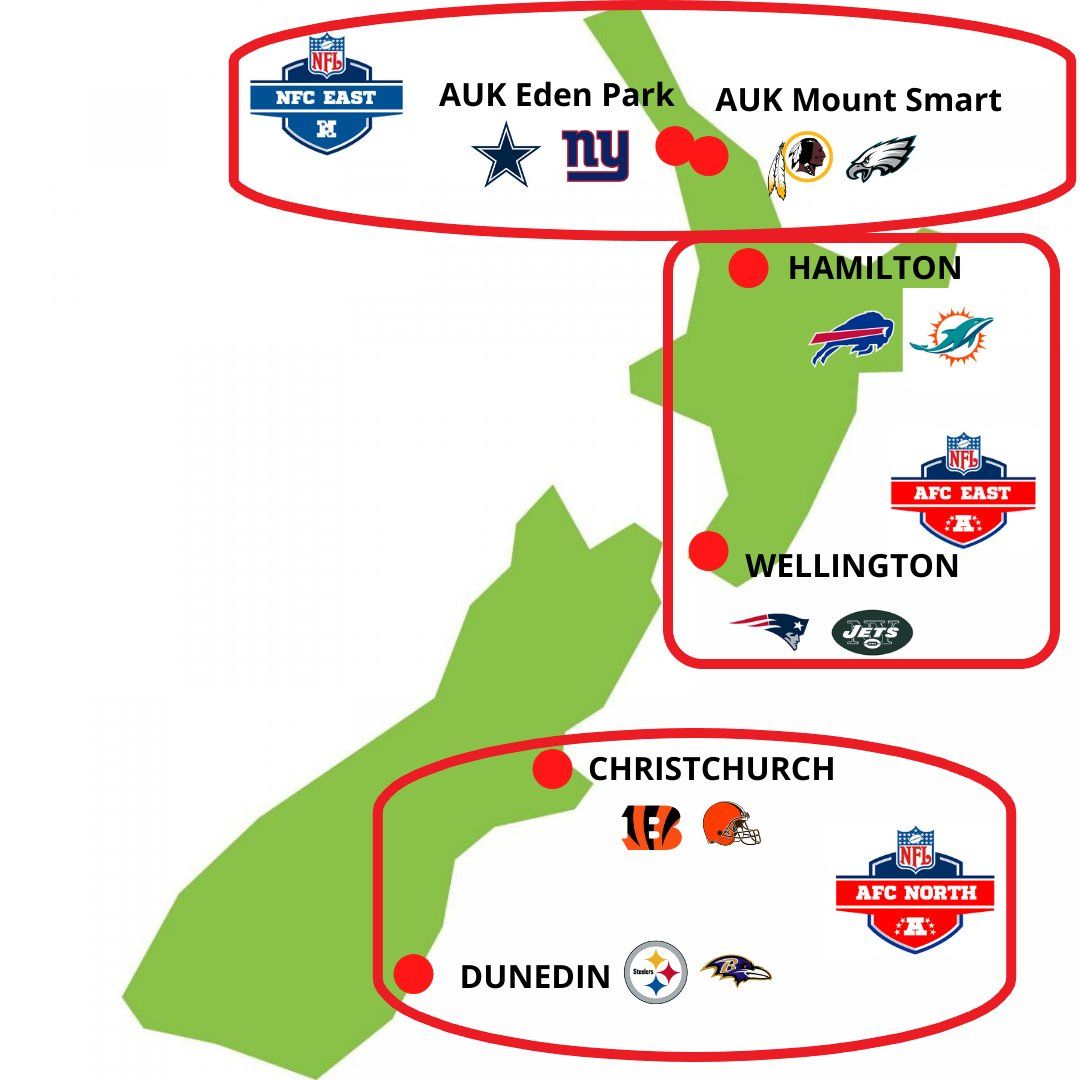
Both countries have historically been each other’s top tourism destination, with 2.6 million flying to and from their respective countries in 2019, according to a recent travel survey.
One Twitter follower did note:
‘Hasn't [earthquake-ravaged] Christchurch been through enough in the last decade. Now the Bengals and the Browns. C'mon man’
3. Zoom fan slaps down Dad who happens to be Google’s chief business officer
Buried right at the foot of a long New York Times article on Google and Facebook trying desperately to catch up with the popularity of upstart Zoom, was this delightful face-off between Google’s chief business officer – busy talking up Meet to his colleagues – and his son who had very different ideas.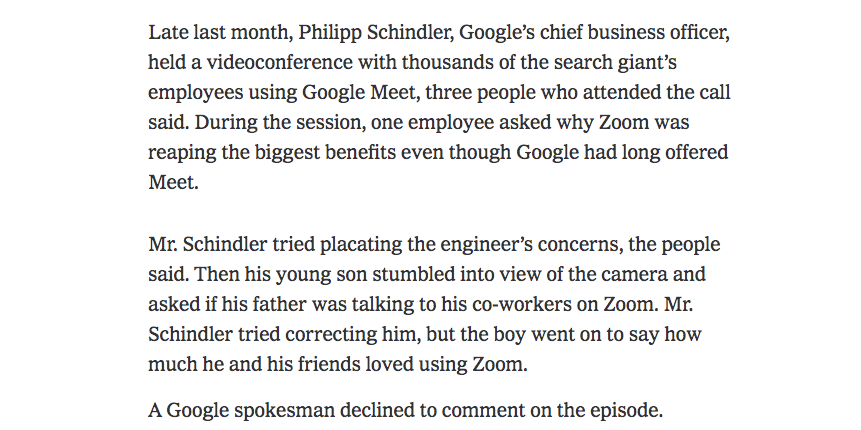
I think it’s safe to say many of us will have experienced one of those moments when a little more discretion and less valour from younger members of the human race was what the situation called for.
To his great credit, in 2017 Philipp Schindler wrote movingly in the wellness online resource ThriveGlobal.com about the difficult relationship between the time he felt he owed to his work and what he was able to put into his family and the raising of his children.
‘I realized there was no point blocking off time for family if I wasn’t really present. So I made a new simple rule and told my kids right away: When they’re around, I can’t be on my phone. And trust me, they hold me to it.
‘We often can’t eliminate the pressures of work, or of life. The key is to understand that beyond a certain point, more does not equal better. Balancing high intensity with recovery might. But only if you commit to both, physically and mentally, protecting the things that balance you.’
4. The most dangerous wine you can drink
It was very hard for us not to be intrigued by a recent Financial Times feature which had the headline: The Syrian vineyard defying the war.
The FT found that ‘Syria’s only commercial winery, Domaine de Bargylus, has managed to produce and export wine right the way through the conflict. What’s more, their wines are excellent – you can find them on the list at Chez Bruce, Annabel’s, Alyn Williams at the Westbury in London, La Villa Lorraine in Belgium and Divellec in Paris.
‘The Bargylus domaine is located in northwestern Syria, on a limestone mountain range looking out towards the port of Latakia. The vineyards were planted in 2003 by Karim and Sandro Saadé, a pair of forty-something Lebanese/Syrian brothers with a taste for the good things in life, and an aim to revive this region’s ancient winemaking traditions.’
Here is brother Sandro explaining the unique Bargylus story on the eve of VinExpo.
The Wine Show, a British TV production, explained from 3.10 why it was so important winebuyers understood the positive role they could play in rebuilding broken societies [like Bosnia and Syria] through the wines they bought; and from 3.43 The Wine Show panel give an expert tasting to Bargylus from 3.43. From
Amidst the challenges that the FT discovered in their profile, problems getting sufficient corks, bottles and barrels, the Irish Times described an even more pressing issue when they visited Beirut where the brothers are based: it’s simply too dangerous for them to visit the vineyard to decide when the grapes are ready for harvesting.
‘Once a year for the past six years, a box of grapes has made a most dangerous journey. Packed on ice, it is driven by taxi on a five-hour, 125-mile journey from a vineyard in Syria across the Lebanese border to Beirut.
The grapes come from the Bargylus vineyard located close to the Syrian coastal city of Latakia, the only commercial vineyard in Syria. It is owned by Lebanese-Syrian businessmen Karim Saadé and his brother Sandro who taste the grapes at their offices in central Beirut to decide the optimum time for harvesting.
‘It can take many taxis coming back and forth,’ says Karim Saadé.’
5. The very first ‘social distancing’?
Apologies if you are really beginning to chafe under the various social distancing rules. We’re not 100% certain this will improve your state of mind.
But like a lot of things, one of the very first instances of formal social distancing can be traced back to China, specifically Emperor Taizu of the Song Dynasty who ruled from 960 to 976. The Emperor, who was known as Zhao Kuangyin before leading a coup d'état and taking the throne for himself was nervous about the loyalty of his followers.
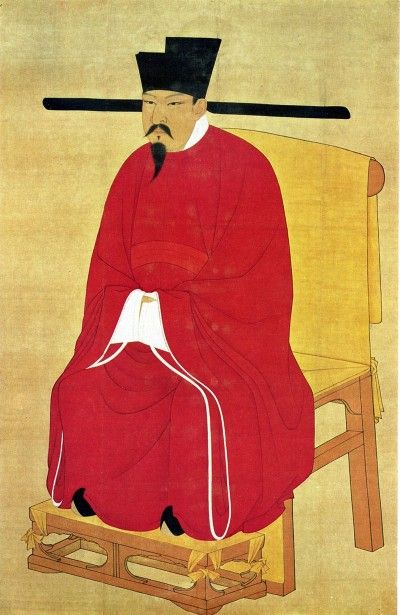
‘After ascending to the throne, Zhao was concerned that his former comrades, who had fought together to seize the power of the state, would use the time in morning court to whisper among themselves and intrigue about state affairs.
‘One day, when listening to a minister’s report during morning court, Zhao observed many ministers on both sides of the court whispering and not respecting court etiquette. Zhao was annoyed, although he did not reveal his anger. He thought of a practical solution, and when the meeting was adjourned, he issued an edict that the minister’s headwear be affixed with two long wing-like flaps.’
From that point on the headwear of Song dynasty officials consisted of a black hat with two wing-like flaps. The thin flaps are stiff and straight, and could extend up to almost a metre each.
And in an intriguing tip of the hat to those ancient wisdoms, Chinese primary school students who are slowly returning to school now are doing so wearing an updated version of those Song Dynasty ‘social distancing’ hats.
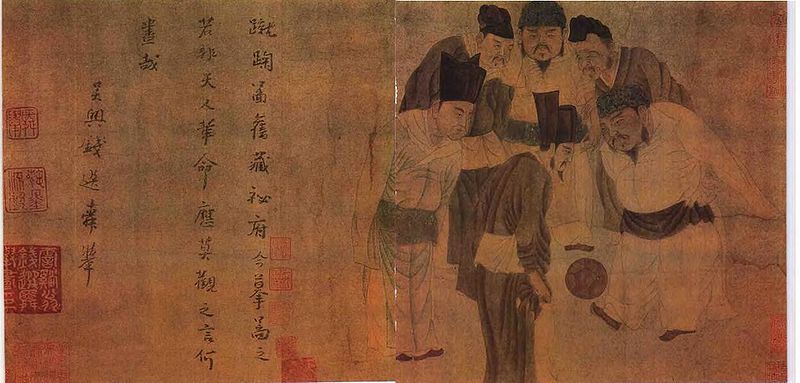
And if you thought you might recognise Emperor Taizu [above] in another guise you would be correct. Taizu is the Chinese leader credited with popularising ‘kickball’ - cuju, pronounced tsoo-joo. Today spelled zuqiu, it's still the word used for football. And in this illustration above Song Dynasty Emperor Taizu, his younger brother who would be known as Emperor Taizong, prime minister Zhao Pu, and three ministers play cuju.
Image: Utsav Srestha/Unsplash

